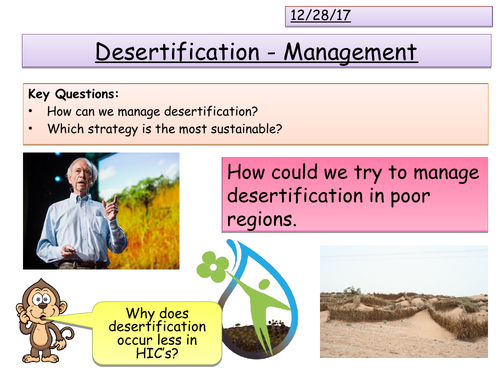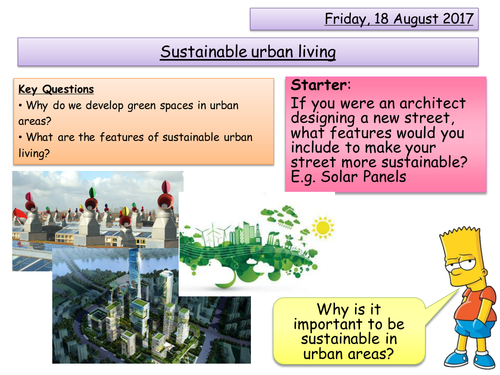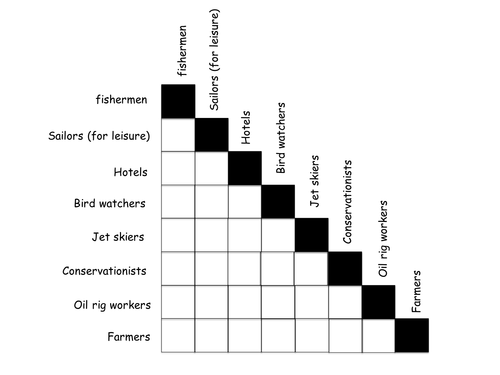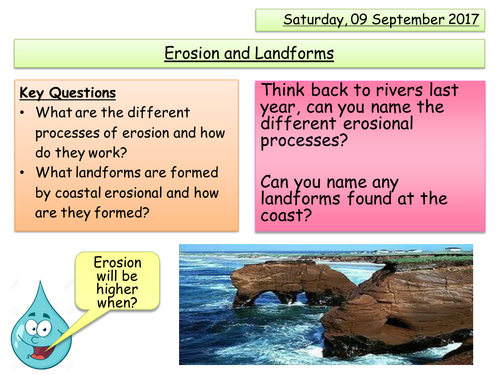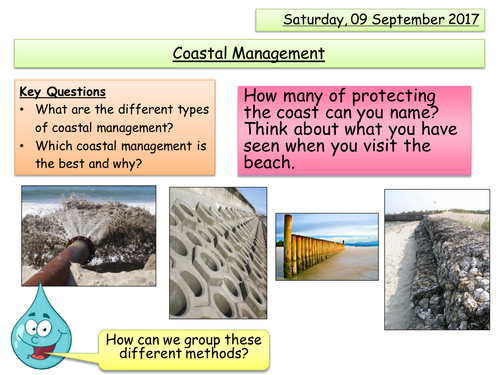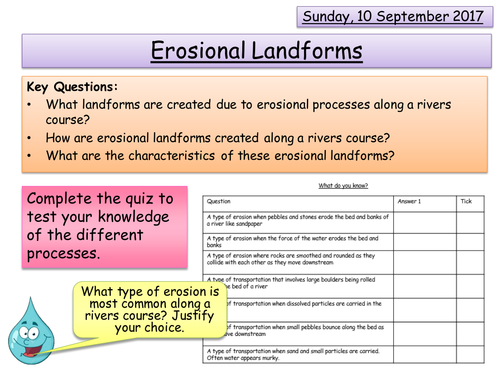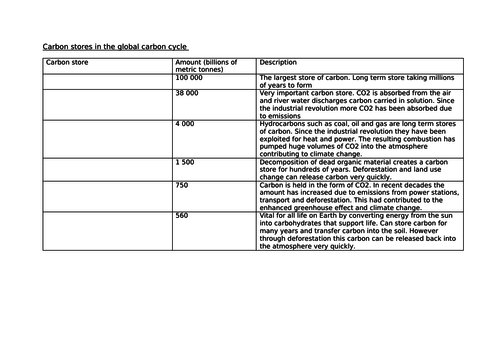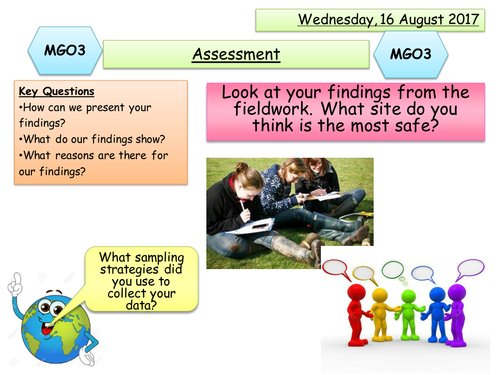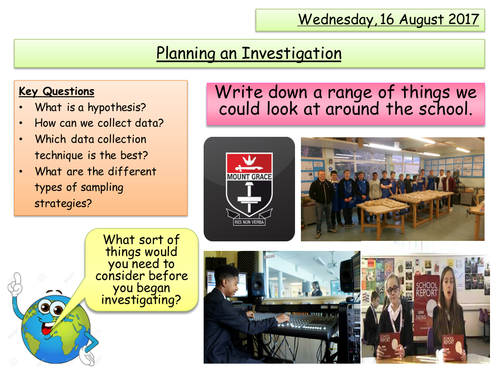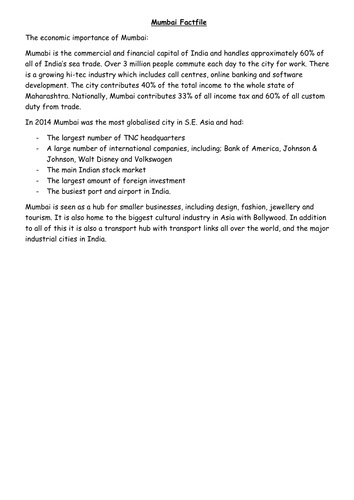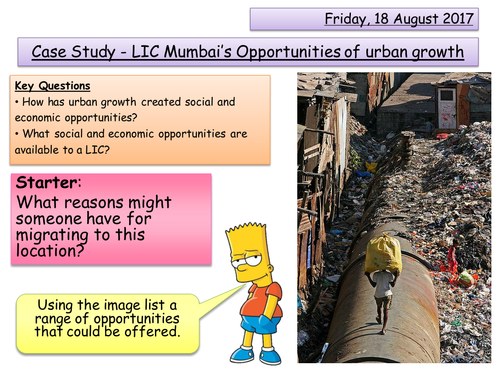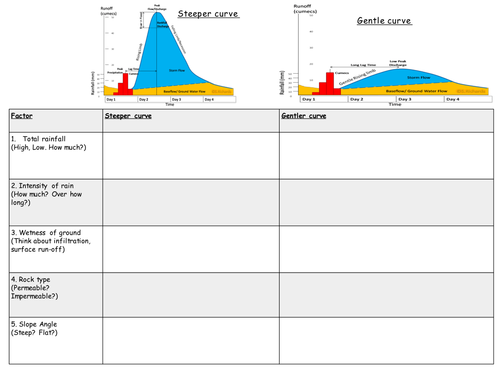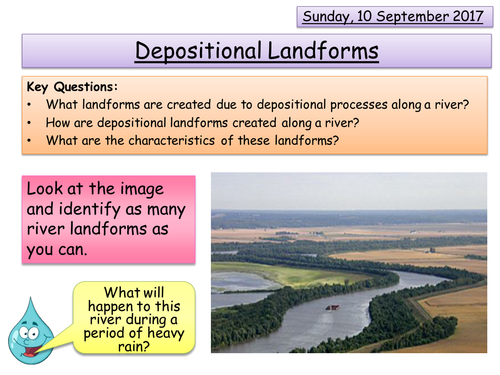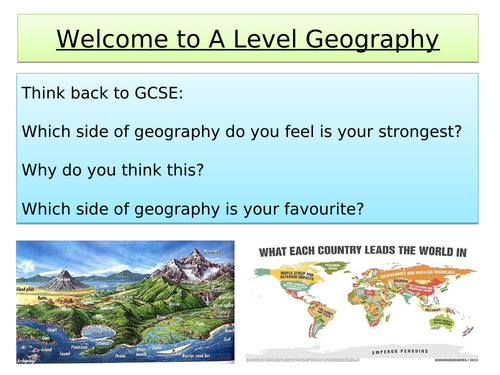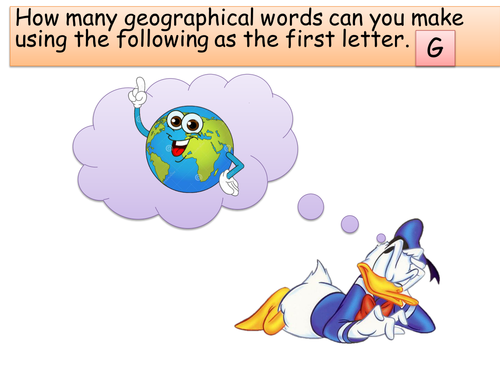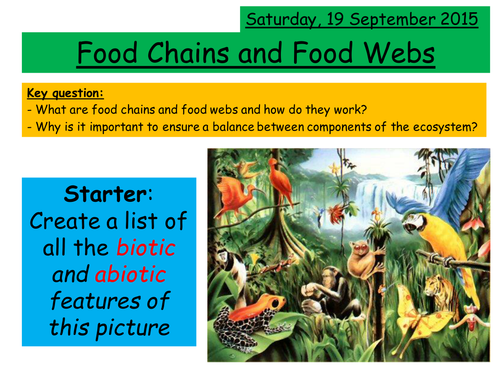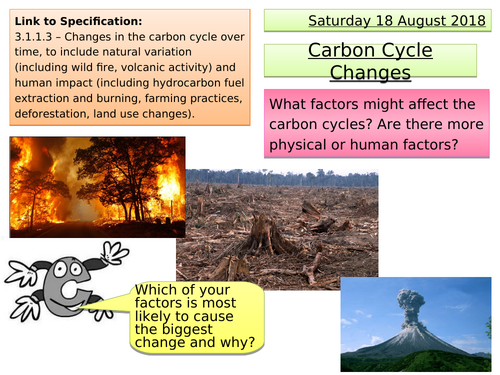
156Uploads
227k+Views
288k+Downloads
All resources

Managing Desertification
This lesson is based around the new AQA GCSE specification. This is a lesson in the unit titled Living World. The main aim of this lesson is to cover the following element of the specification:
- Strategies used to reduce the risk of desertification – water and soil management, tree planting and use of appropriate technology.
NOTE - When it refers to page numbers please refer to the information provided.

Sustainable Urban Living
This lesson is based around the new AQA GCSE Specification. This is a lesson in the unit titled Urban Issues and Challenges. The main aim of this lesson is cover the following element of the specification:
Features of sustainable urban living:
• water and energy conservation
• waste recycling
• creating green space.
Bundle

Extreme Environments
A variety of lessons that cover the unit Extreme Environments. This bundle contains 8 lessons and focuses on Hot Arid and Polar Regions, which are the key focus of the AQA GCSE specification.

Tourism in Thailand
This lesson is the fifth in a sequence of lessons for the topic Asia. This lesson aims to get students to think about the following:
How tourism in Thailand has changed over time
The link between tourism and GDP
Why people visit Thailand
The impacts of tourism on Thailand

How we use the coast
This lesson aims to allow students to gain an understanding of the different ways we can use the coasts, in addition to the different conflicts that this can cause.
By the end of the lesson students will be able to answer the following questions:
- Who uses coastal areas?
- Why might conflict occur along the coast line?

Erosional Landforms - Coasts
This lessons aims to allow students to gain an understanding of the different erosional processes that occur along the coast, followed by how these create a range of coastal landforms.
By the end of the lesson students will be able to answer the following key questions:
- What are the different processes of erosion and how do they work?
- What landforms are formed by coastal erosional and how are they formed?

Coastal Management
This lesson aims to allow students to gain an understanding of the different ways to manage the coast. It looks at a range of soft and hard engineering strategies, and encourages students to think about the advantages and disadvantages of these strategies, before debating which of these would be the best for a particular coast (this lesson uses Southend but this can easily be changed for a different location).
By the end of the lesson students will be able to answer the following key questions:
- What are the different types of coastal management?
- Which coastal management is the best and why?

Erosional Landforms - Rivers
This lesson is based around the new AQA GCSE specification. This is a lesson in the unit titled River landscapes in the UK. The main aim of this lesson is to cover the following element of the specification:
- Characteristics and formation of landforms resulting from erosion - interlocking spurs, waterfalls and gorges.

The Carbon Cycle - AQA A Level
This lesson is based around the new AQA A Level specification. This is a lesson in the unit titled Water and Carbon Cycles. The main aim of this lesson is to cover the following element of the specification:
3.1.1.3 – Global distribution, and size of major stores of carbon – lithosphere, hydrosphere, cryosphere, biosphere, atmosphere.
Factors driving change in the magnitude of these stores over time and space, including flows and transfers at plant, sere and continental scales. Photosynthesis, respiration, decomposition, combustion, carbon sequestration in oceans and sediments, weathering.
Any pages referenced are from the Oxford physical textbook.
Please note I do not own the rights to any of the images used in this powerpoint.

Planning an Investigation - Presentation, Analysis and Conclusion
This lesson aims to get students to think about how to present, analyse and draw conclusion from data they have collected in the field. This is the 2nd lesson and links to planning an investigation. It gets students to pick appropriate presentation methods, describe and explain their results and to draw conclusions of their investigation. By the end of the lesson students will be able to answer the following key questions:
How can we present your findings?
What do our findings show?
What reasons are there for our findings?

Planning an Investigation
This lesson aims to get students involved in the planning of their own investigation. This is aimed at year 7, completing their very first piece of fieldwork. The fieldwork is based around locating the most unsafe location within their school. It gets students examining different data collection methods, and the sampling strategies they will use. Although this lesson mentions a school, it is easily adaptable to mention your own individual school. By the end of the lesson students will be able to answer the following key questions:
What is a hypothesis?
How can we collect data?
Which data collection technique is the best?
What are the different types of sampling strategies?

A Major City - Mumbai's Importance
This lesson is the first part of the major city you must cover in the new AQA GCSE specification. This lesson aims to cover the following element from the specification:
- The location and importance of the city, regionally, nationally and internationally.
- Causes of growth: natural increase and migration
NOTE = When it refers to a page number please use the factfile provided.

A Major City - Mumbai's Opportunities
This lesson is the second part of the major city you must cover in the new AQA GCSE specification. This lesson aims to cover the following element from the specification:
- how urban growth has created opportunities:
• social: access to services – health and education; access to
resources – water supply, energy
• economic: how urban industrial areas can be a stimulus for
economic development
NOTE - When it refers to page numbers please refer to the factfile document attached.

A Question A Day - AQA Geography
This contains a question a day, starting on the first day back after February half term, up until the 3rd paper. It covers all topics with the exception of the Pre-Release.
The optional topics covered are:
Hot Deserts
Coastal Landscapes
River Landscapes
Energy
Each topic is covered equally to ensure that students are well prepared for the real exam, along with a range of questions to ensure students are practicing a variety of skills and marks.
Each question is colour coded to represent a different topic, which allows students to know what unit they are revising.

Flood Risk and Hydrographs
This lesson is based around the new AQA GCSE specification. This is a lesson in the unit titled River landscapes in the UK. The main aim of this lesson is to cover the following element of the specification:
How physical and human factors affect the flood risk - precipitation, geology, relief and land use.
The use of hydrographs to show the relationship between precipitation and discharge.

Depositional Landforms - Rivers
This lesson is based around the new AQA GCSE specification. This is a lesson in the unit titled River landscapes in the UK. The main aim of this lesson is to cover the following element of the specification:
- Characteristics and formation of landforms resulting from deposition - levees, floodplains and estuaries.

A Systems Approach - AQA A Level
This lesson is based around the new AQA A Level specification. This is a lesson in the unit titled Water and Carbon Cycles. The main aim of this lesson is to cover the following element of the specification:
3.1.1.1 – Water and carbon cycles as natural systems.
Systems in physical geography: systems concept and their application to the water and carbon cycle inputs – outputs, energy, stores/components, flows/transfers, positive/negative feedback, dynamic equilibrium
Any pages referenced are from the Oxford physical textbook.
Please note I do not own the rights to any of the images used in this powerpoint.

Natural Causes of Climate Change
This lesson aims to get students to think about the 3 main theories behind the natural causes of climate change; Orbital Theory, Solar Output Theory and Eruption Theory.

Food Chains and Food Webs
This lesson aims to get students to understand what a food chain and food web are, in addition to gaining an understanding of why it is important to understand the balance in an ecosystem.

Carbon Cycle Changes - AQA A Level
This lesson is based around the new AQA A Level specification. This is a lesson in the unit titled Water and Carbon Cycles. The main aim of this lesson is to cover the following element of the specification:
3.1.1.3 – Changes in the carbon cycle over time, to include natural variation (including wild fire, volcanic activity) and human impact (including hydrocarbon fuel extraction and burning, farming practices, deforestation, land use changes).
Any pages referenced are from the Oxford physical textbook.
Please note I do not own the rights to any of the images used in this powerpoint.

